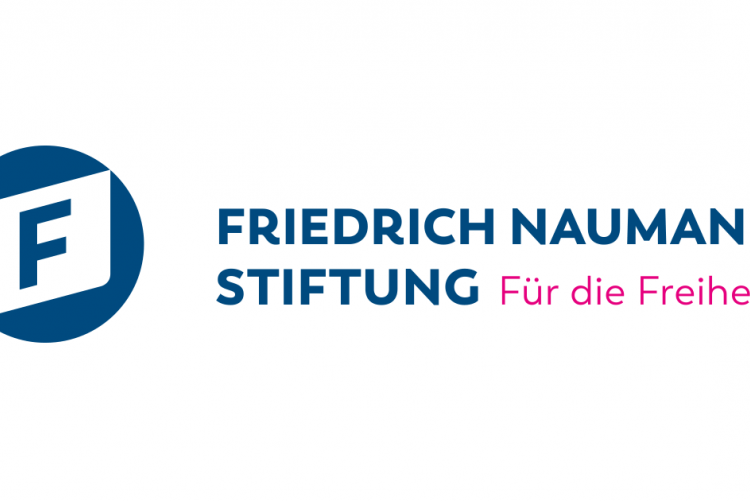| Title | The future of Europe: ‘it’s the member states, stupid!’ |
| Publication Type | Konferencia kiadvány / Conference Paper |
| Év / Year | 2019 |
| Authors | Stratulat, Corina |
| Konferencia neve / Conference Name | European Elections 2019 - Renewing the Political Agenda for a United Europe |
| Kiadó / Publisher | Hungarian Europe Society |
| Abstract | The past years have been rough for the European Union (EU). As Ivan Krastev[1] puts it, the austerity that defined 2015 bred paranoia in 2016, when the decision of the United Kingdom to leave the EU and the election of Donald Trump as US President, against the backdrop of the euro crisis, the plight of refugees, and the Russia-Ukraine conflict, suddenly made the once unthinkable disintegration of the Union seem a distinct possibility. This contributed to the spread of populism, which was declared the Cambridge Dictionary’s word of the year in 2017. And while the EU failed to solve any of its potentially terminal difficulties, it proved exceptionally resilient in 2018: economic growth returned, the migration crisis eased, the member states came together in response to Brexit and Trump’s election, as well as on Russia, trade, and climate, and the public confidence in Europe’s future gained strength. But if the shorthand for capturing developments so far has been “austerity” (2015), “paranoia” (2016), “populism” (2017), and “resilience” (2018), the catchphrase for 2019 promises to be “change”. Two events in particular could shake up European politics in 2019. First, the elections to the European Parliament (EP) this May, in which the expected electoral gains of populist parties, mostly on the radical right, could upset the dynamics of the new politico-institutional cycle and block much-needed EU reforms (such as the strengthening of the euro zone and the Schengen area, as well as the deepening and broadening of the single market). Second, the withdrawal of the UK from the Union, the constant deferral and political drama of which could mark the end of Britain’s role as a great power and possibly also wreck the Western liberal order as we know it.[2] In the midst of the action, pulling the strings of change, are the member states: the future of Europe is in their hands.
[1] Krastev, Ivan (2018), “Beyond the Great Disruption: confidence is finally returning to Europe”, NewStatesman. [2] Zakaria, Fareed (2019), “Brexit will mark the end of Britain’s role as a great power”, Opinion, The Washington Post. |
European Elections 2019 - Renewing the Political Agenda for a United Europe
The Hungarian Europe Society held an international conference supported by the Friedrich Naumann Stiftung für die Freiheit entitled "European Elections 2019 - Renewing the Political Agenda for a United Europe" on 12-13 April 2019 at the Ibis Styles Budapest Center (Rákóczi út 58, H-1074 Budapest).


